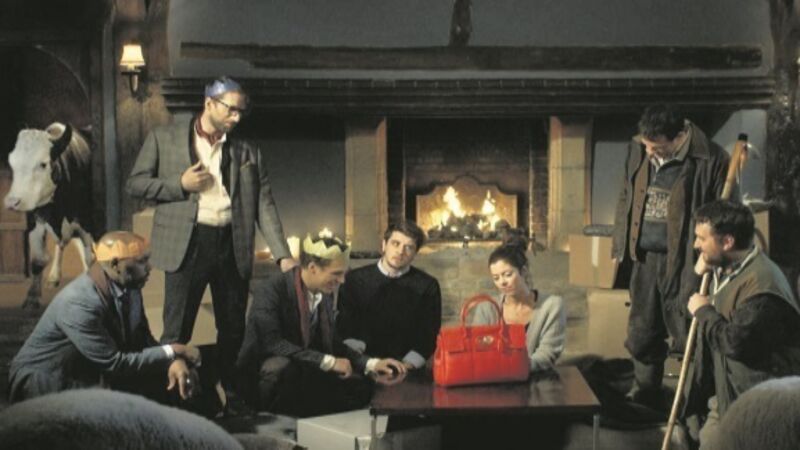VIDEO: Mulberry nativity parody is an affront to the magic of Christmas

The spirit of Christmas Present is well represented by British brand Mulberry’s seasonal advertising campaign for its pricey bags.
At the high end of luxury goods, they retail for up to £1,400 (€1,995).













